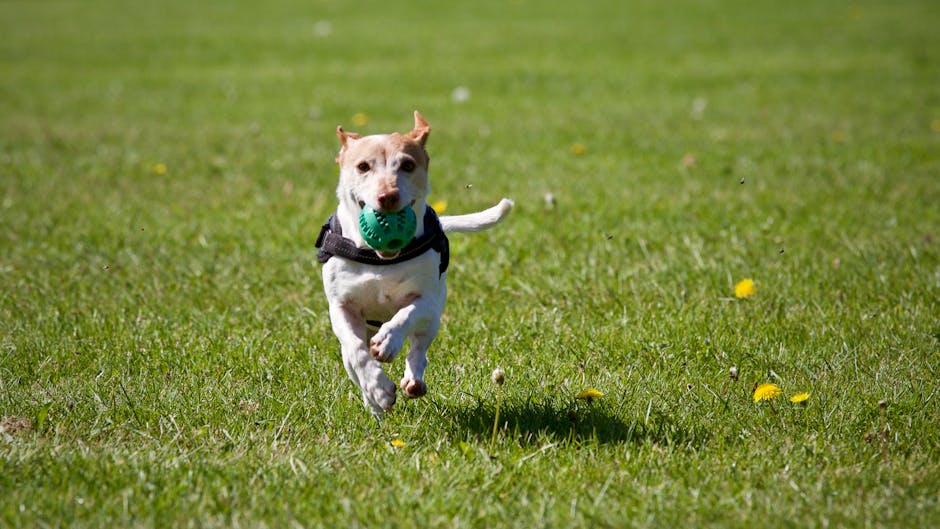Dog training is an essential aspect of responsible pet ownership, not only for obedience and behavior management but also for the well-being and happiness of both the dog and its human companion. This comprehensive guide delves into the fundamentals of dog training, providing practical tips and insights to help you achieve a harmonious and rewarding relationship with your furry friend.
**Understanding Dog Behavior**
The foundation of effective dog training lies in comprehending the natural instincts and behaviors of dogs. Dogs are pack animals, and their social hierarchy and communication patterns influence their interactions with both humans and other dogs. By observing your dog's body language, vocalizations, and energy levels, you can better understand their needs and motivations. Recognizing and respecting these innate traits will foster a deeper connection and make training more effective.
**Establishing a Training Routine**
Consistency is crucial in dog training. Establish a regular training schedule and stick to it as much as possible. Short, frequent training sessions are more productive than long, infrequent ones. Start with the basics, such as sit, stay, come, and heel, and gradually introduce more complex commands. Keep training sessions positive and rewarding, using treats, praise, or playtime as incentives.
**Positive Reinforcement**
Positive reinforcement is the most effective and humane method of dog training. This involves rewarding your dog for desired behaviors. When your dog exhibits positive behavior, immediately provide them with a treat, praise, or activity they enjoy. This reinforces the behavior and encourages them to repeat it. Avoid punishment, as it can damage your bond with your dog and create fear or aggression.
**Setting Boundaries and Limitations**
While positive reinforcement is essential, it's equally important to establish clear boundaries and limitations for your dog. This helps them understand what behaviors are acceptable and unacceptable. Use a firm but gentle voice to communicate these boundaries and consistently enforce them. Never tolerate aggressive or destructive behaviors, and address them immediately.
**Socialization and Environmental Training**
Socialization is vital for your dog's well-being. Expose them to a variety of people, places, and experiences from an early age. This will help them become well-rounded and comfortable in different social situations. Environmental training involves teaching your dog how to behave appropriately in different environments, such as the park, the vet, or when meeting strangers.
**Patience and Perseverance**
Dog training requires patience and perseverance. There will be setbacks and challenges along the way, but it's important to stay consistent and positive. Remember that every dog learns at their own pace, so don't get discouraged if your dog doesn't master a command immediately. With time and effort, you can achieve a well-trained and happy companion.
**Professional Help**
If you encounter difficulties with dog training, don't hesitate to seek professional help. Certified dog trainers can provide personalized guidance and support, helping you overcome specific behavioral challenges and develop a training program tailored to your dog's unique needs.
